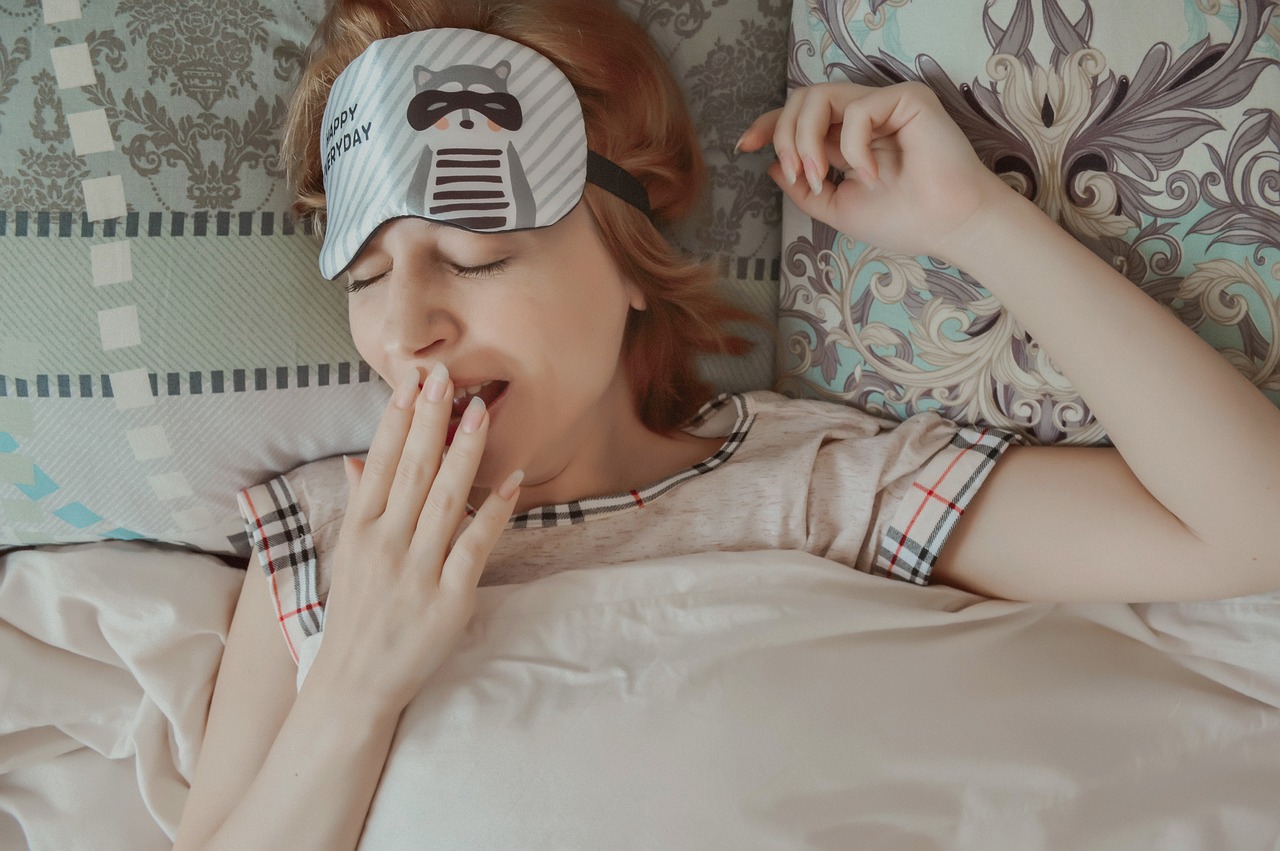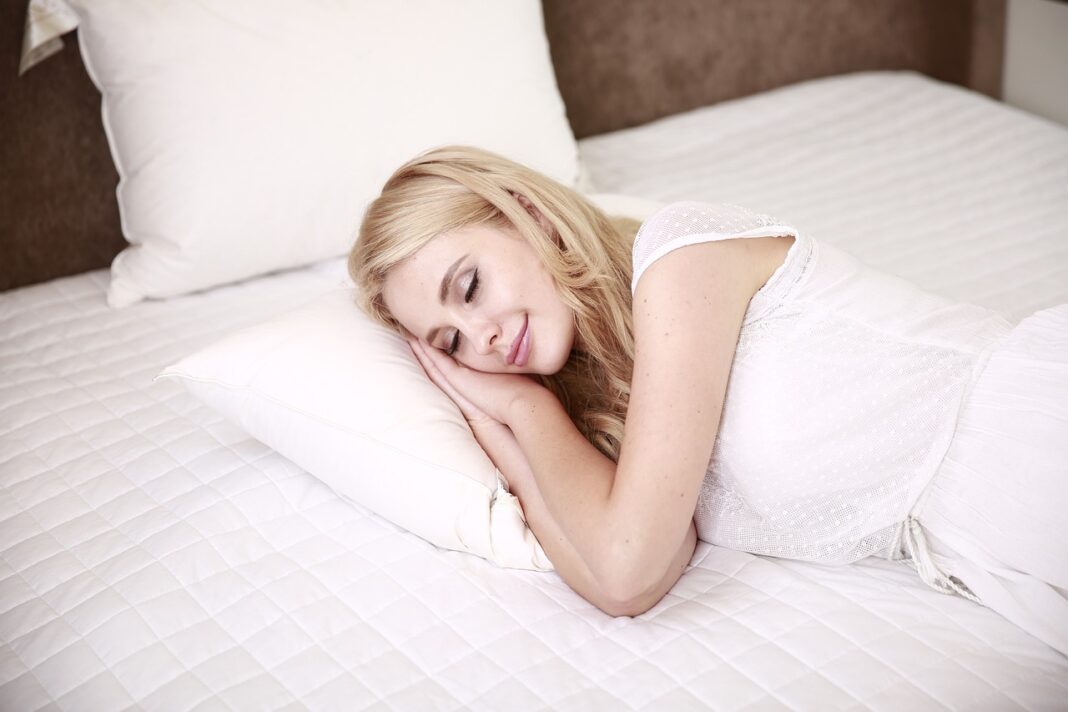Health – A good night’s sleep can do you the world of good
By Siobhán Carroll – BA; Dip Nat; Dip Herb; MANP; MGNC
When it comes to staying well during the sniffly season, we all know how important it is to top up on vitamin C, eat healthily and wash our hands to help prevent the spread of infection. You may also know that a healthy gut is important for a healthy immune system. But how do our sleeping habits affect our immune health?
Scientists are still trying to figure out the exact relationship between sleep and the immune system, but many agree that a lack of sleep can severely impair immunity and make you more vulnerable to infections like colds and flu.
In fact, sleep would appear to affect different parts of the immune system in different ways: some studies suggest that sleep helps our bodies create the immune cells we need to fight off pathogens[1], whilst others show that sleep helps to shift the balance of anti-inflammatory proteins so that we can respond better to bugs[2]. Either way, nearly all experts agree that our immune system is stronger following a good night’s sleep.
So how much is enough? Everyone is different but as a general rule of thumb adults should aim for at least 8 hours a night; teenagers need more, between 8 and 10 hours a night, and young children need more still, at least 10 hours a night.

If you need a hand nodding off try these 5 tips for getting a better night’s sleep:
- Going to bed and waking up at the same time every day will make the hours that you sleep more productive and will help you establish a sleep routine.
- Avoid using tablets or phones in bed, as the blue light will stimulate the brain and keep you awake for longer. If you’re having trouble getting to sleep earlier, try slowly dimming the lights an hour before bedtime to simulate the setting sun. This will trigger the release of melatonin, the hormone associated with sleep.
- Broken sleep is poor quality sleep and will not help the immune system. If you wake up during the night, make a note of the time. Waking up at 3am is actually very common and a sign your liver, which carries out many of its functions in the early hours of the morning, may be working too hard to process fatty foods and refined sugars, alcohol or stimulants. If you’re eating and drinking too much of the wrong stuff, adjust your diet accordingly.
- A natural sleep remedy can also help. A.Vogel Dormeasan® Sleep with fresh Valerian and Hops can help restore a better sleep pattern. It’s not known to be addictive, and is not associated with groggy feelings when you wake in the morning.
- If a blocked nose is keeping you awake, try to prop your head a little higher on your pillow, and use a nasal spray to loosen congestion. If you do fall ill with a cold or flu, the Echinacea can help to ease cold and flu symptoms for a better night’s sleep.
[1] Brain, Behaviour and Immunity, ‘Sleep enhances serum interleukin-7 concentrations in humans‘, Nov 2007
[2] Archives of Internal Medicine, ‘Shift of monocyte function toward cellular immunity during sleep‘. Sept 2006

About Siobhán
Siobhán Carroll is a fully qualified clinical Herbalist and Naturopath based in Ireland. She runs her own clinic in Co. Clare and online via her website nerdynaturopath.com. She has 10 years of experience in the field of natural health, she also teaches yoga and meditation and is a lecturer at the College of Naturopathic Medicine.
Siobhán is also a cold-water sea swimmer, a loving mum and a massive Harry Potter fan. She has a deep connection with plants and is passionate about empowering people to look after their own health using the healing powers of nature.
Siobhán Carroll BA; Dip Nat; Dip Herb; MANP; MGNC
Follow Siobhán on Facebook and Instagram.
